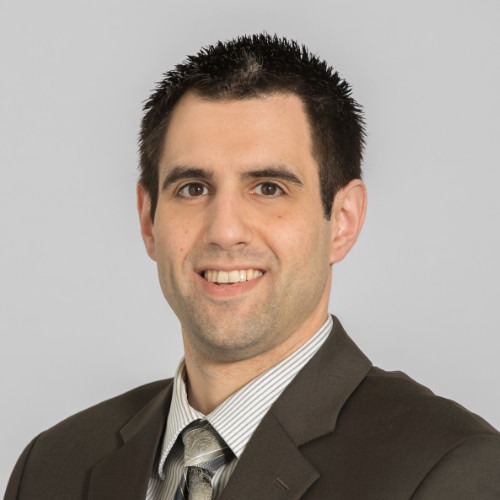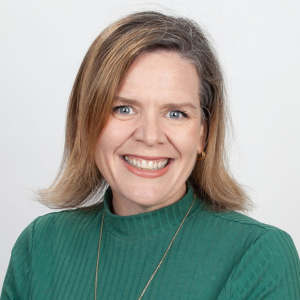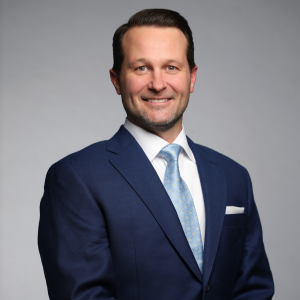NIC’s Kramer addresses seniors housing with unbridled sense of urgency
Bob Kramer wants to know: Are you ready to ride the wave?
No, not that fast-becoming-a-cliché silver tsunami, although that has something to do with it. Kramer is rather more interested in how long-term care and senior housing operators are prepared to measure the coming deluge of aging baby boomers, timing their newly tailored service delivery models to attract not only consumers, but investors as well.
“Timing that change is going to be a very interesting phenomenon for many operators,” Kramer said during a press briefing Thursday at the National Investment Center for the Seniors Housing & Care Industry (NIC) 21st Annual Conference in Washington, D.C. “Like catching a wave. Catch it too soon? Not good—not good when it crashes on top of you.
“Start paddling too late? It passes you right by, and you missed the opportunity.”
Watery metaphors aside, NIC’s president was exceedingly candid yet eloquent in his assessment of what’s to come. And what’s to come is a generation of people much like himself: engaged, experienced, excited—but we’re also entitled,” Kramer stressed.
“My generation will set more Guinness Book of Records for what people who are 85 and 95 do.”
Kramer said the feeling his generation has toward ‘retirement’ is far different from that of today’s seniors housing occupants. (“The word will be banished.”) Baby boomers are going to “transition, reboot,” but not retire, and it will likely change the way communities are marketed and even named within the next decade or two. They’ll instead become “life-enhancement” or “life-fulfillment” communities. “Something suitably more boomer-ish,” he said.
OK, so this was an unusually expressive Kramer, who is well known for his professional demeanor in an industry he’s helped sculpt for 20 years running. Let’s not waste any time, though, because he feels that sense of urgency, and he knows operators have to start making adjustments now if they are to ever access capital in the future.
Kramer pointed out that this industry was the leading commercial real estate sector in transaction volume in the first four months of 2011. The good news is that seniors housing is poised for explosive growth, and the industry has captured the attention of investors who were unaware of the space beforehand. These are savvy investors, however, and they are going to be looking for quantifiable reasons to justify doing business with an operator.
So what type of operator is going to succeed?
“The good operator, who can track his or her results, and doesn’t just say, ‘I run a good operation,’ but can prove it,” Kramer said.
“Operators who can define quality, measure quality and demonstrate quality to their customers and to their capital partners—they’re the ones who will be successful,” Kramer later continued. “Even those who might be good quality operators, with the direction health reform is taking, and the direction the market’s taking in terms of managed care, they’re still going to be penalized if they’re not able to measure and have systems to measure (quality).”
Investors and private equity partners are essentially looking for operators who have carved out a niche and serve it well; operators with an identity that the investor is attracted to. He brought up the example of Atria Senior Living, which was recently acquired by Ventas, and its conceptual success within the coastal markets.
Which then brought Kramer to a description of the provider who will not succeed—you may know them well.
“When assisted living started, a lot of operators opened up and said, ‘I’m an assisted living company. I should be successful.’ Those companies today, and in each of the economic downturns, a lot of those companies have failed, and they will continue to fail. So you’ve got to know what business you’re in, what you’re about,” he said.
“This sector, not only will it be one of the major commercial real estate sectors in the future, but I dare say it will be one of if not the largest in the future.”
Those are strong words, which Kramer chose carefully. But he couldn’t hold back. The times we’re in necessitate it.

Kevin Kolus wrote for I Advance Senior Care / Long-Term Living when he was an editor. He left the brand in 2012. He is now senior communications manager at Cleveland Clinic.
Related Articles
Topics: Finance , Leadership











